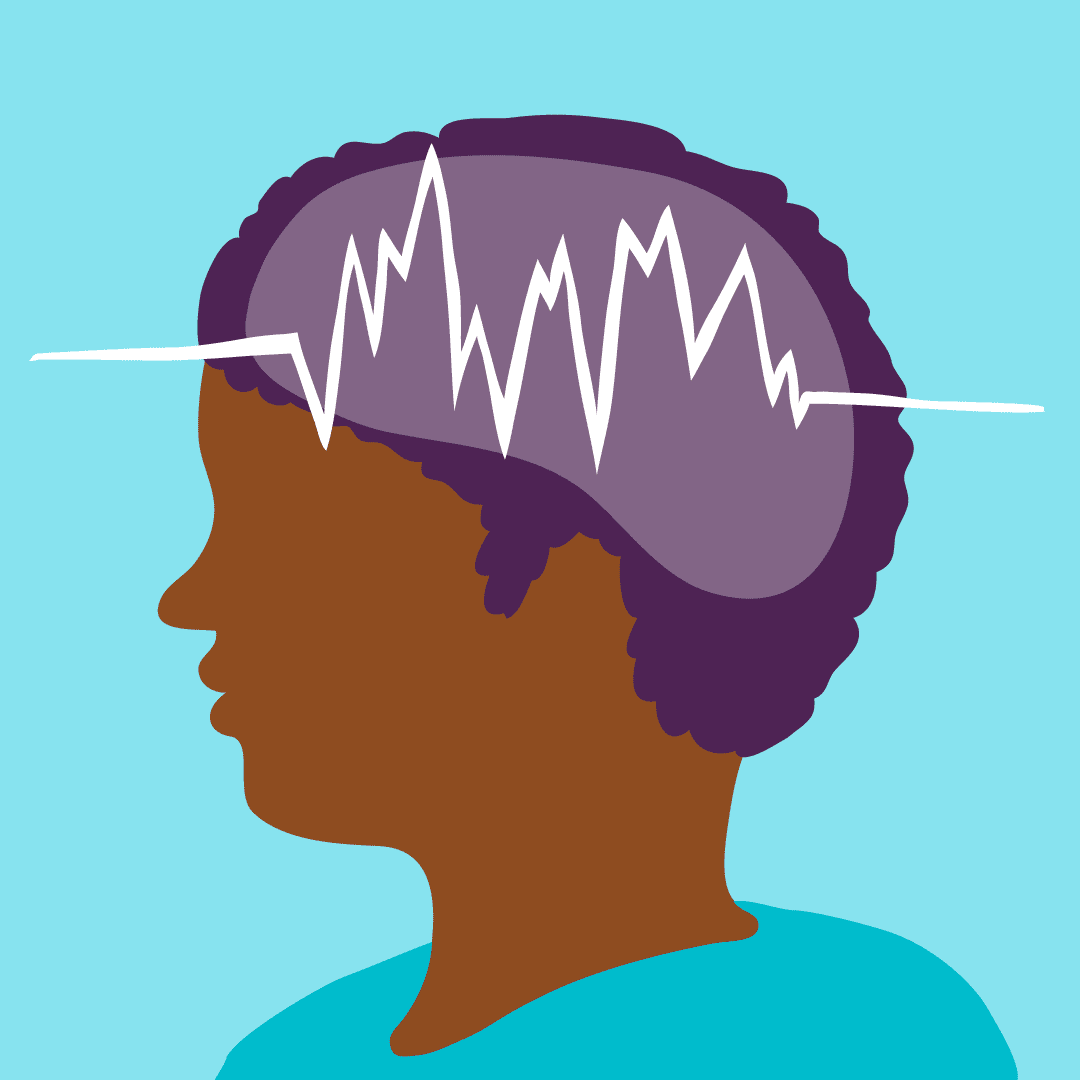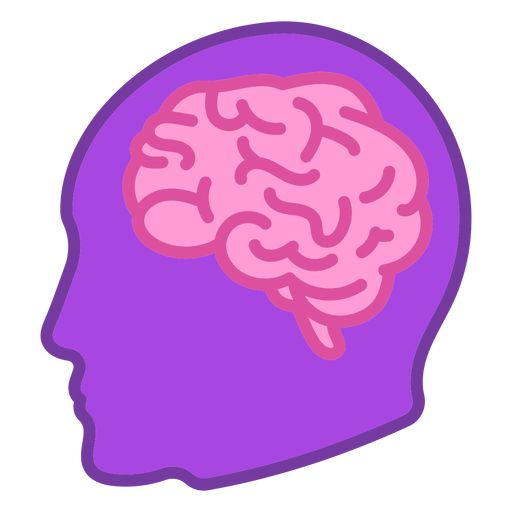Table of Contents
INTERNATIONAL EPILEPSY DAY
 International Epilepsy Day is observed every year on the second Monday of February to promote awareness of epilepsy. The day also tries to spread knowledge about epilepsy and ways to make sure that everyone who needs treatment gets it.
International Epilepsy Day is observed every year on the second Monday of February to promote awareness of epilepsy. The day also tries to spread knowledge about epilepsy and ways to make sure that everyone who needs treatment gets it.
It is now the most common neurological disorder worldwide. People with epilepsy are stigmatized and discriminated against in several parts of the world. Patients may experience additional challenges in terms of education and work. Some epileptic seizure sufferers are prohibited from driving or operating heavy machinery. Epilepsy can affect a person’s life in a variety of ways. Because seizures are unpredictable, many people who suffer from them are unable to accomplish tasks on their own, such as swimming. This can make epilepsy sufferers feel alone. Their mental health may also be affected by the disease.
With the right diagnosis and treatment, up to 70% of people with epilepsy may live a seizure-free life. Anti-seizure medicine is reasonably priced. Despite this, around three-quarters of epilepsy patients in low-income nations do not obtain the care they require. Anti-seizure medications are not commonly available in many low- and middle-income nations.
# InternationalEpilepsyDay is observed by a number of health organizations. An art competition, informational talks, and distinguished speakers are among the events. Those who suffer from epilepsy or have family members who do are urged to share their experiences.
To take part, you must: Learn more about epilepsy and why it’s so important to treat those who suffer from it.
Encourage someone you know who has epilepsy to seek treatment.
Use social media to tell your story.
What is Epilepsy and how can it affect you?
Epilepsy is a chronic brain illness that causes periodic ‘fits’ or seizures.” Seizures are caused by abnormally high electrical discharges in neurons or brain cells. This illness can afflict people of any age, and each age group has its own set of issues.
People with epilepsy have a condition in which their brains make them more likely to have seizures. It’s also clear that not all seizures are caused by epilepsy. Seizures can also be caused by other illnesses, such as low blood sugar, fainting, and so on. The majority of epilepsy cases are diagnosed in youngsters and people over the age of 65.
What causes Epilepsy?
- A bacterial infection in the brain.
- Anomalies that are present at birth
- Strokes and tumors of the brain
- Prenatal and perinatal injuries, a head injury, or an accident can all cause brain damage.
- high fever that lasted for a long time during childhood.
- Infections such as meningitis or encephalitis.
- A lack of oxygen during childbirth.
- Some inherited diseases, such as tuberous sclerosis, can cause brain damage.
- It is estimated that 70% of epilepsy cases have no identifiable cause.
Symptoms:
- Loss of consciousness
- Muscles in the arms, legs, and face stiffen.
- Various feelings in the arms and legs, such as pricking pins or needles.
- Uncontrollable jerking actions in the arms or legs, among other things,
How do you deal with seizures that occur as a result of epilepsy?
- If there are any tight garments around the neck, remove them.
- Take any sharp objects away from the person having seizures.
- Gently turn the person from one side to the other, allowing any fluid in the mouth to drain.
- Place a soft cloth beneath the individual’s head.
- Place a soft cloth beneath the individual’s head.
- Do not give or shove anything into the person’s mouth.
- Do not give or shove anything into the person’s mouth.
- Stay with the individual until assistance arrives.
- Allow the person to rest or sleep.
Don’t forget that it can be managed with the right drugs. However, it is critical that we not postpone therapy. Begin treatment as soon as the condition is identified. We can prevent the person’s condition from deteriorating in this way.
The following are some helpful hints:
- Even if the epilepsy patient does not have seizures, it is still recommended that they take their medication as prescribed by their doctor.
- Do not discontinue medication without first consulting a doctor.
- It is recommended to check with or get advice from a doctor before taking any other drug.
- Avoid consuming alcohol because it causes seizures.
If there is no improvement in your conditions, consult a psychologist for assistance.










